Recently my firm and I promoted a business-to-business trade show in Brooklyn, New York, Trade Brooklyn. This was more than a trade show, it was also a business conference that featured a number of great programs. I was lucky to have the opportunity to speak at this event.
My program focused on LinkedIn and personal marketing. This is a topic I enjoy speaking about and I am personally committed to making businesspeople more productive with their marketing. The program was going great, I was getting some good questions, a few laughs and the audience was learning and having fun.
And then… the projector I was using for my Power Point stopped working. Yes, it went completely dark – my laptop was working but nowhere near where I was speaking and I really could not use it for the presentation. Thankfully, I had staff and help there working the problem, but the show must go on. I have given this presentation many times before, but even so I was not prepared for my “notes” or my outline to be taken away.
This is where I learned that it is critical for speakers to prepare ahead of time. Don’t rely on a Power Point or even an outline. I have come to truly respect comedians, actors, politicians and motivational speakers who can get up and do an hour or two hours of material without notes or other queues.Thankfully, I know my material and after a few awkward moments I moved forward. Ironically, I had just attended an earlier session at the show on improv and business. The session was given by Taren Sterry of Taren Sterry Coaching (http://www.tarensterry.com/) and sponsored by Lee Rubin and Kuhbe (www.kuhbe.com). The program was fun and informative and got me thinking about what I would do if something “unexpected” happened during my presentation or at future presentations.
I remembered what Taren said: that improv was based on being “real” and honest. Most people think of improv as “trying” to be funny, but at its core it is really about being who you are, communication and trust.
When I was faced with my challenge, I thought of this and on why I was doing what I was doing. I focused on my commitment to make, not help, people become better marketers. If I stayed true to the mission, I knew I would be fine. The program flowed forward, eventually the Power Point came back on, my crutch was handed back to me. However, losing the crutch for part of the program made me a better presenter and allowed me to make a better and stronger connection with the audience.
What happened at the end of the program was amazing. Dozens of people came up and asked questions, exchanged cards and two asked me to speak at events.
It was clear that I needed to learn more about improv. I am enrolled in a three-session improv class with the goal of improving my presentation skills and developing strategies to better connect with audiences.
Here are a few quick tips that resulted from this past week’s events:
- Trust yourself and your message. If you believe this and express it during your presentations you will connect with people.
- Don’t rely on crutches (Power Point), know your material cold.
- Expect the unexpected when presenting, and have fun when it happens.
- Have fun, audiences today at business events, seminars or training sessions want to engage and have fun. When you can make your programs fun, interesting and inspiring, you will turn a room full of people into fans and followers.
More to come on in this series next week as I go back to school for the first time in a long time.


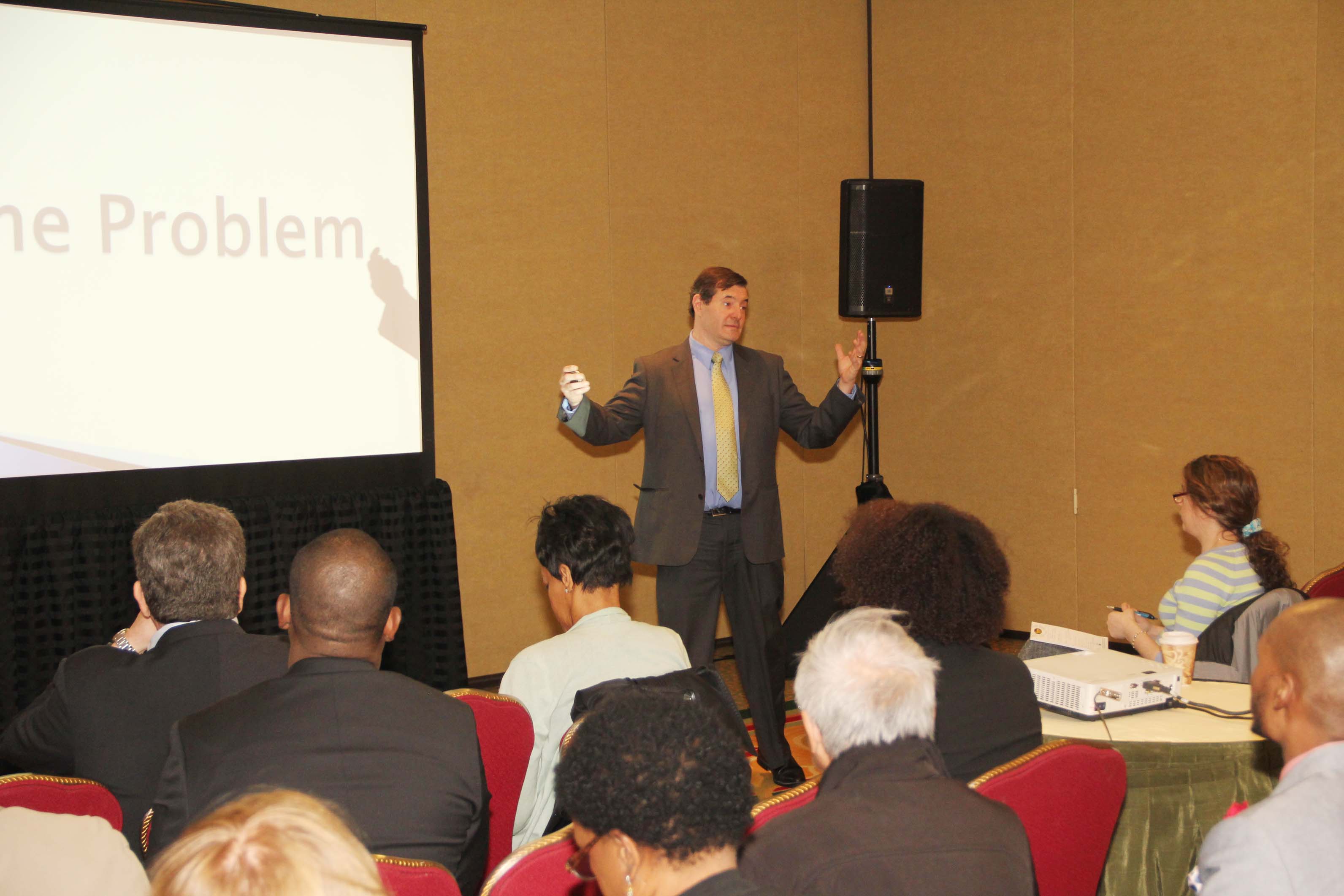
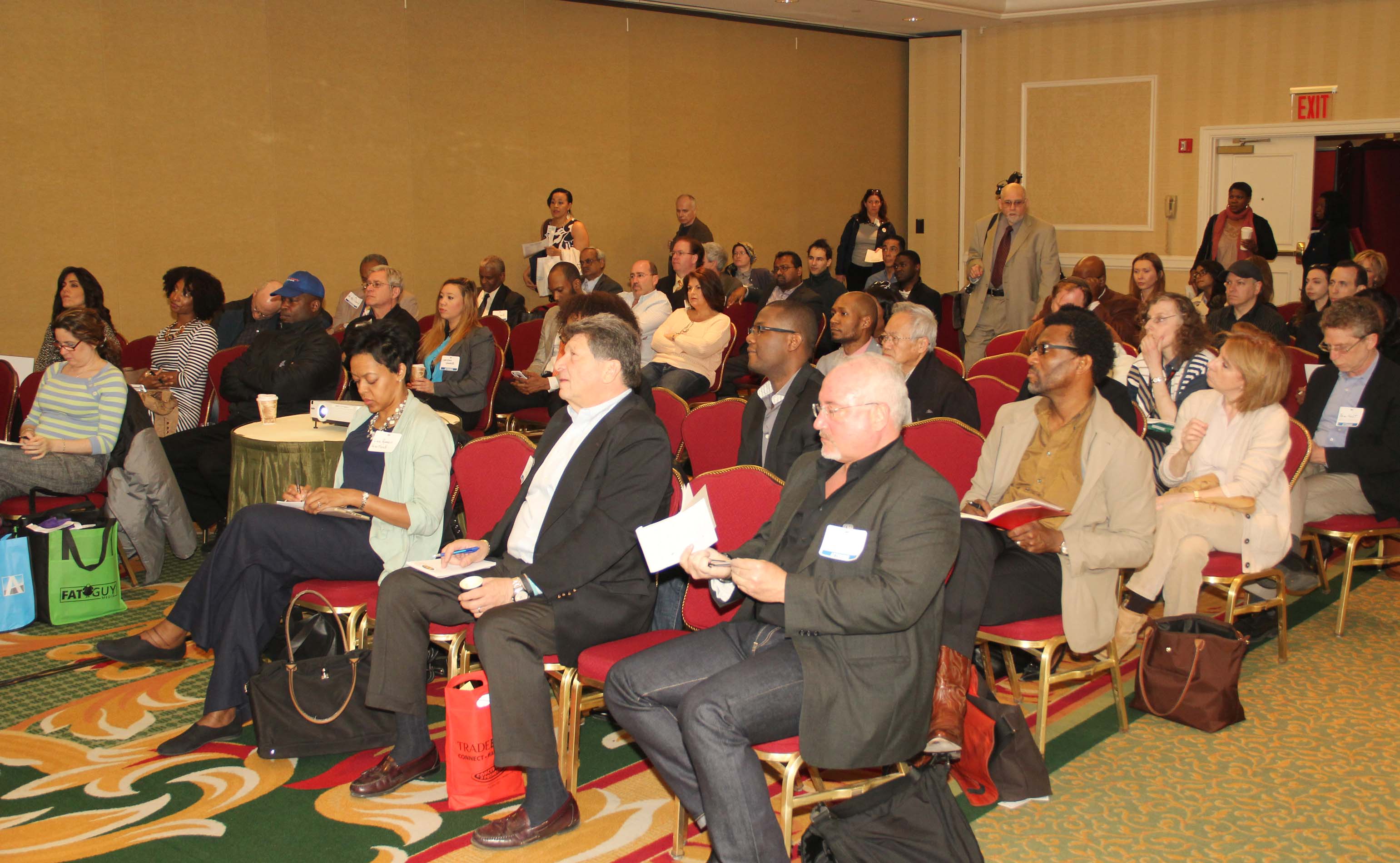
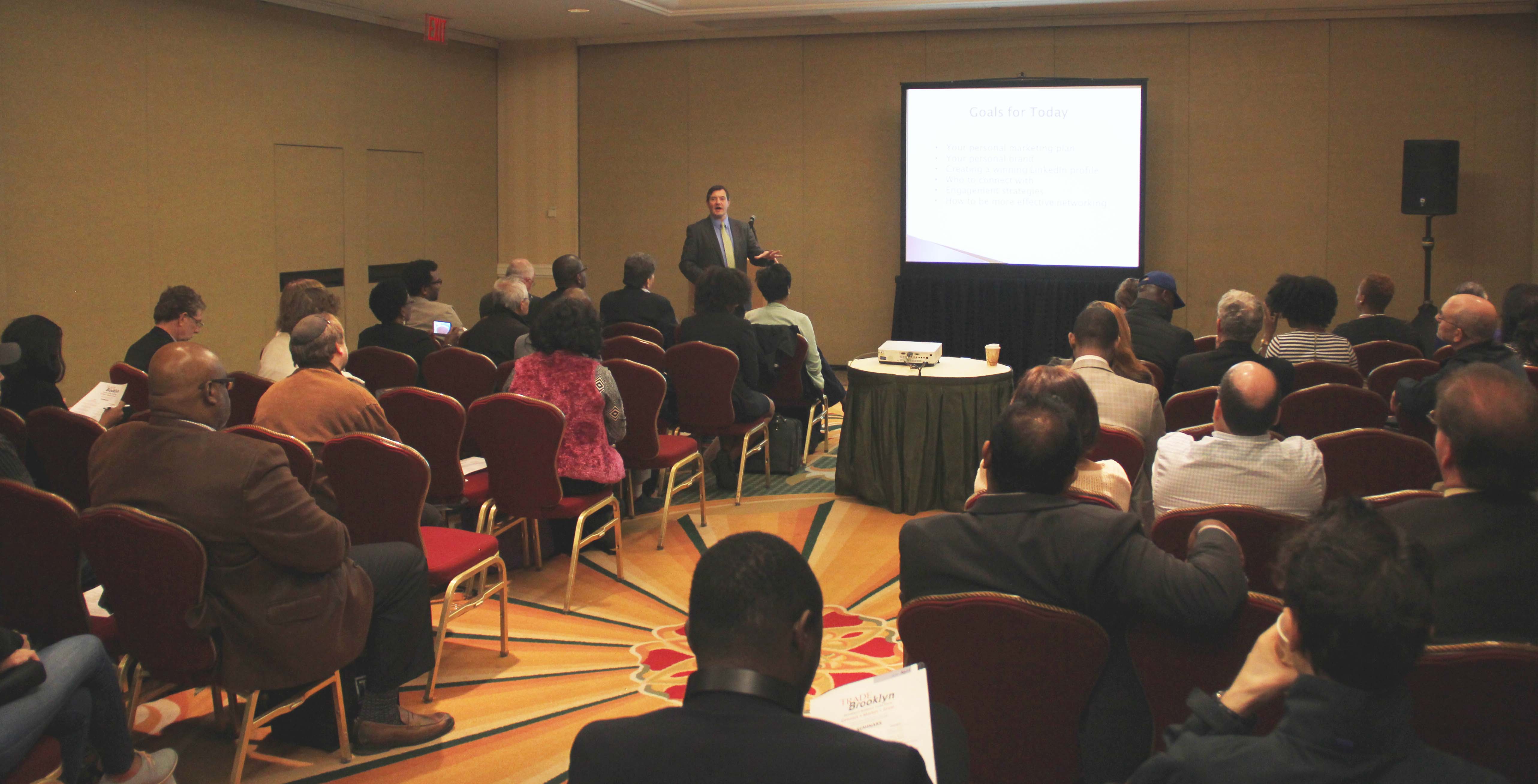
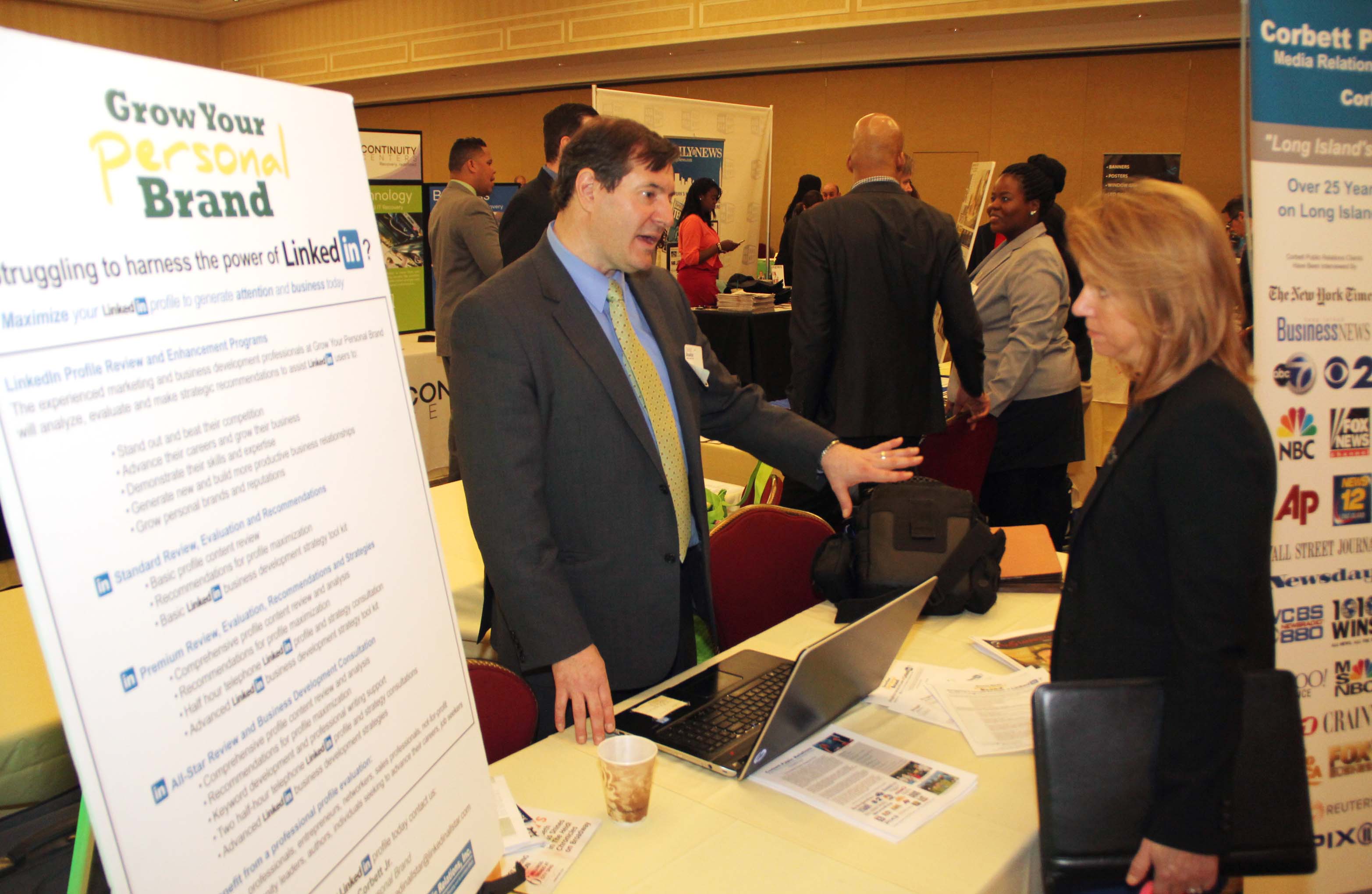
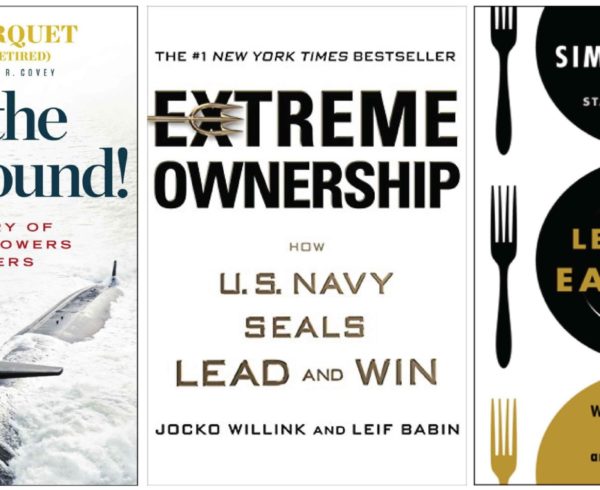
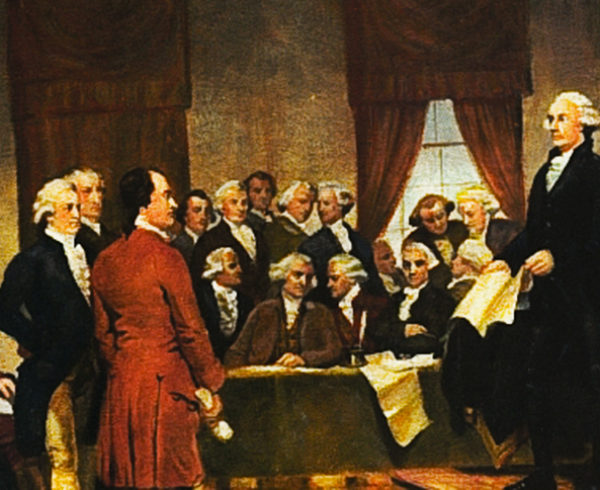
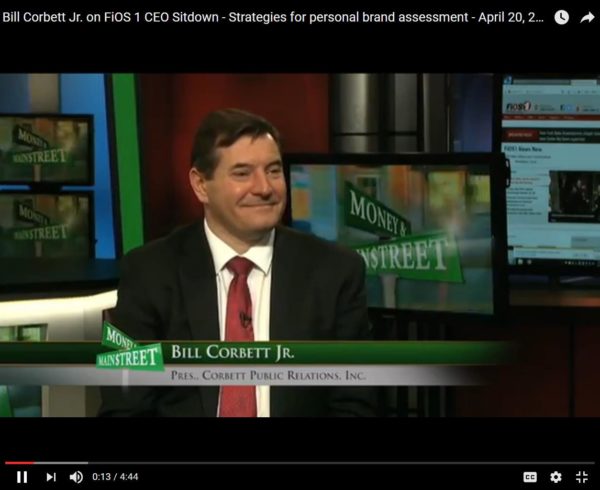
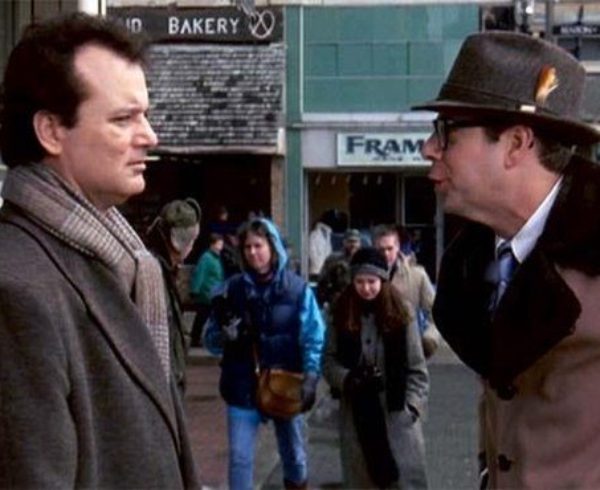
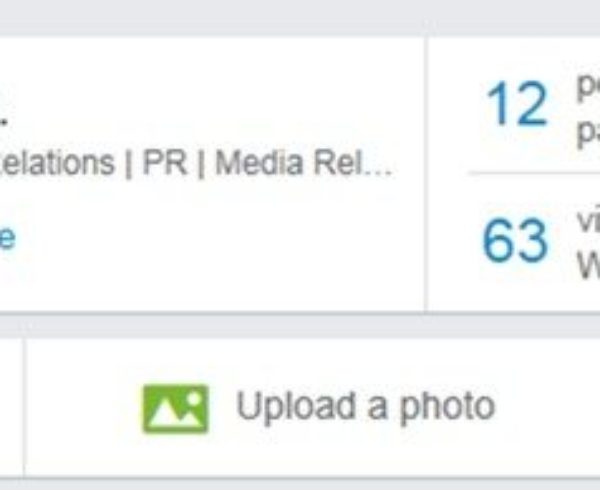


Leave a Comment